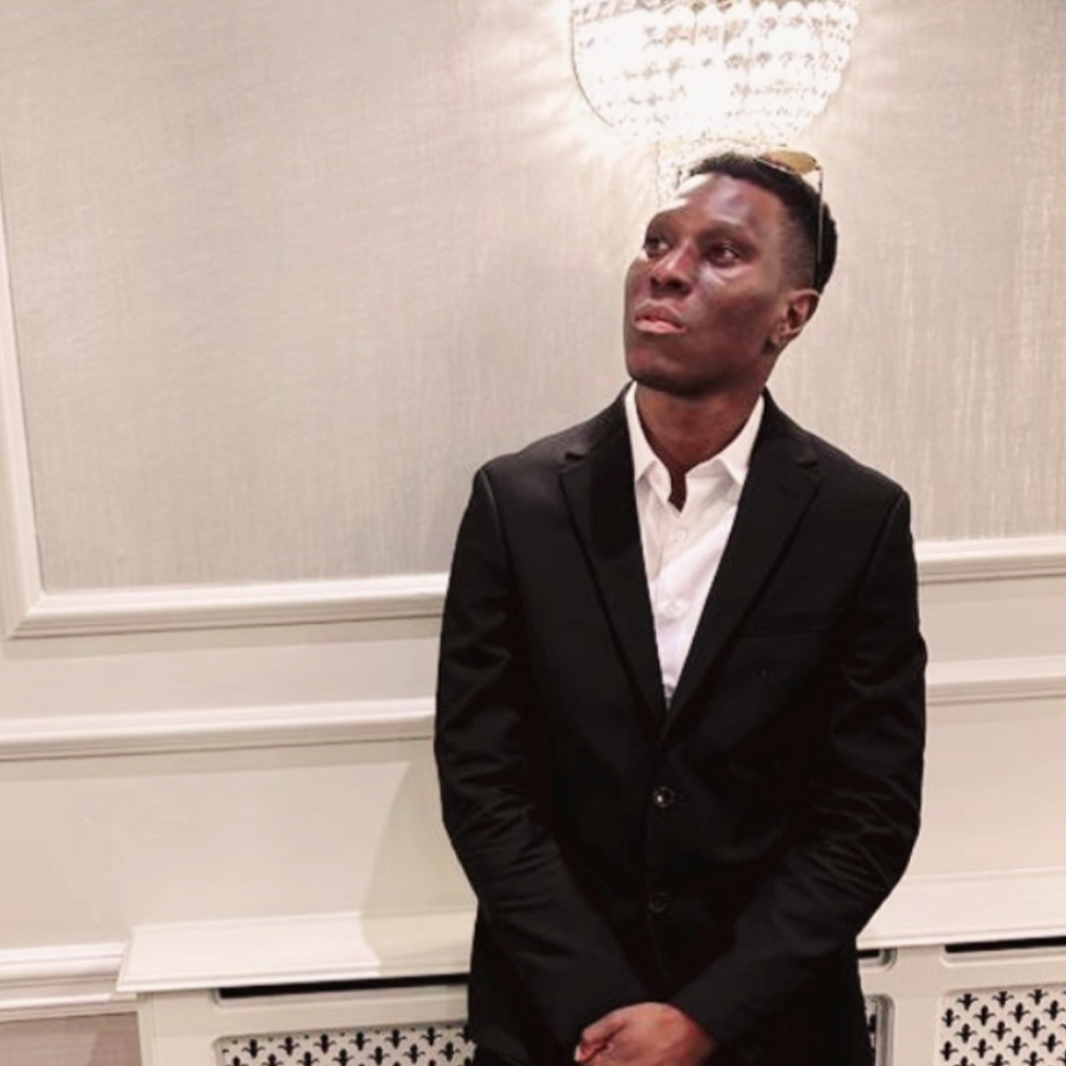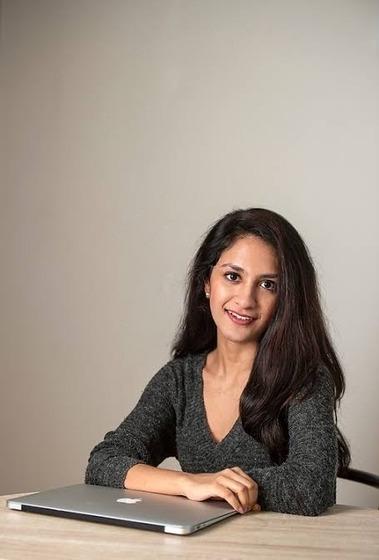Jennifer
"I travelled across London every day to study here – that’s dedication for you!"
Main details
Why did you decide to pursue a career in social work?
I’m the eldest of three, and I suppose I always bossed my brother and sister around! I thought I might go into teaching, but after my first degree (in Psychology and Criminology) I started to think more about how we can structurally support vulnerable people.
Aged 21, I started working in a children’s home for 15-16 year olds, and that was the turning point. Kids would turn up in handcuffs, no one came to see them, some didn't even know where they were born, or what their middle names were. We’d send out travel warrants to their families, and they’d just sell them.
After a while, I felt I was in it too late in the process – I wanted to stop people ending up in the same position as the children I was working with. I moved to London to work at the Children And Family Court Advisory and Support Service (CAFCASS), specialising in family group conferencing. It was a really interesting role – going back to family mediations, and trying to get an organisation to work in a different way.
Why did you decide to come to Goldsmiths?
To leave full-time employment and be a student again was a big decision. It was hard to leave CAFCASS behind, but I’d become so specialised that I felt like I needed to get a more universal qualification.
Goldsmiths has a great reputation. The qualified social workers I worked with at CAFCASS had a very strong opinion about which universities and which local authorities to then go on and work with. And that certainly swayed it. And of course when I got offered a place, I really wanted to come here. I lived one minute away from one of the universities I'd applied to, but I travelled across London to be here – that’s dedication for you!
What did the course add to your skillset?
When you work with children and families, you think you know a certain amount, but you need that experience. I enjoy the academic side of things, and the opportunity to do a dissertation on something really useful was great. Some people think you don’t use theory very much in practice, but it goes through everything we do. In my statements now I always use evidence, and looking through other people’s, they don’t – and as we move to an evidence base we should be doing that as matter of course. The programme definitely gave me that theoretical foundation that still influences my work today
The group work was incredibly useful too. Today at work I had four meetings, and the smallest of those was with seven people. That is the reality of this line of work. There is one-to-one work, but a lot happens within a network, and working with people in this way is crucial.
You mentioned your dissertation was a particular highlight – what topic did you choose?
Well, I was fortunate in that I was able to use a data set from Southwark relating to adoption and special guardianship orders. A data set that now forms part of a grid of information we can use in statements – which now includes findings from my dissertation! It was great to do something that mattered.
What's your job like?
As a qualified social worker in Southwark, in the looked-after children team, I'm involved in care proceedings, adoption, children in long-term foster care, and protection plans in community. I'd done my Assessed and Supported Year in Employment (ASYE) in Southwark. I had quite a full caseload by the end of the year, so it felt quite real. And after I’d finished my dissertation and had a summer break, I went back into the same team, with the same manager, but this time it was my job and not a just a placement. So, day one after qualifying I was working with four of the children I’d been with for the past six months – which worked really well for both me, and the children.


